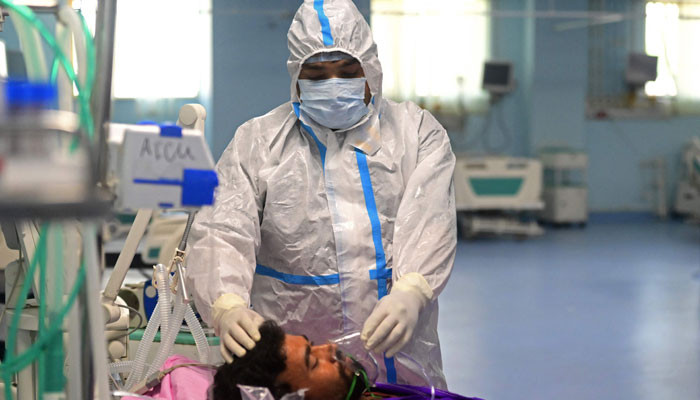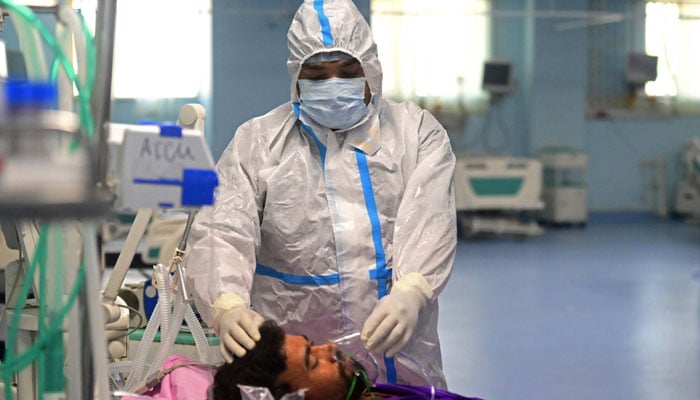‘Long COVID can cause impairments similar to influenza’
A health study in Queensland has revealed that people suffering from long COVID may witness symptoms similar to that of influenza with medical experts saying, “It is only a first step towards understanding a condition that has been debilitating for many”.
According to Guardian, the scientists concurred that the latest vaccines are shielding people from suffering long COVID symptoms.
The study conducted by the Department of Health was accepted by the European Congress of Clinical Microbiology and Infectious Diseases, held in Copenhagen this week.
During the study, a group of almost 2200 adults were identified with COVID and 950 with influenza — during concurrent waves of Omicron and the flu in mid-2022. 90% of the dwellers of Queensland had been vaccinated against COVID-19.
The researchers asked over 12 weeks about the ongoing symptoms and any functional impairment.
The study highlighted: “For people affected with Omicron, 21% reported ongoing symptoms at 12 weeks and 4% reported moderate to severe functional limitations in daily life. This compared to 23% of those with influenza who reported the symptoms and 4% with moderate to severe functional limitations.”
The co-lead of the long COVID clinic at St Vincent’s Hospital in Sydney, Professor Steven Faux, said it was a little premature to assess the scientific integrity of the research that was yet to be peer-reviewed, or publicly released, adding that it is the first step towards urgently needed research. He also added: “Clearly, there’s a lot of things to unpack here.”
While appreciating the results Queensland’s premier, Annastacia Palaszczuk, said her government’s policy of strict border control until the state had achieved high vaccination rates now appears to have helped suppress the severity of long-COVID symptoms.
The state’s health minister, Yvette D’Ath, said “The study showed Queensland was a textbook example of how to respond to a one-in-100-year pandemic.”
She noted: “The study is also a reminder that the best way we can continue to protect ourselves is by remaining up to date with vaccinations.”
While Faux agreed with that sentiment, he however, noted that “there was no indication as to whether the two cohorts had been matched in terms of gender and comorbidity and that long COVID could only be diagnosed after 12 weeks.”
He was of the view that “Then we’ve got to have the persistence of the symptoms for two months and you’ve also got to have an exclusion of any other causation for the symptoms. And none of that was done.”
While speaking to Guardian Australia, the state’s health department said it had plans to monitor the same cohort of patients for 12 months and that those results would be reported later this year.
Dr Polly Tsai who is a rehabilitation physician at the Wesley hospital long COVID clinic said she would be more interested in the results of a study that ran for 52 weeks.
She said: “I think that’s when we will probably get the picture of what the long COVID is.”
“Brisbane-based clinic had treated more than 100 people of all ages, genders and levels of health, including previously fit and healthy people in their 20s whose lives had been severely affected by long COVID for periods of up to two years,” Tsai noted.
She went on to state that “This certainly can significantly impact on their mental health when they feel that no one understands them and they feel very lonely on their journey.”
According to the health department, the study had been submitted to a medical publication and, as such, was still subject to peer review and hoped the research would be released as an unreviewed preprint in the coming days.
For all the latest health News Click Here


